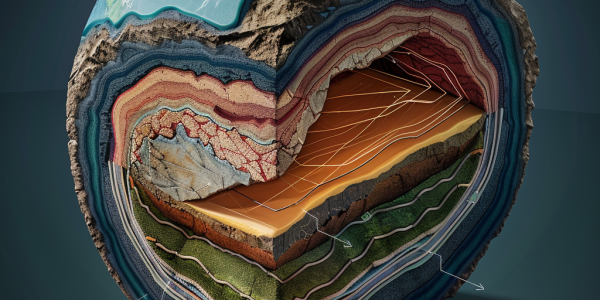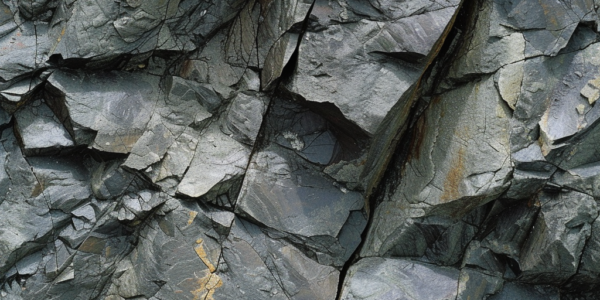New Research Challenges Stability of Earth’s Ancient Cratons
Recent geological studies reveal that Earth’s ancient crust, known as cratons, is undergoing significant changes, challenging long-held beliefs about their stability. Research on the North China Craton highlights dynamic processes leading to ‘decratonization,’ reshaping our understanding of geological stability and the evolution of Earth’s crust.
Ancient Seafloor Discovery Reshapes Understanding of Earth’s Interior
Recent research from the University of Maryland has uncovered an ancient seafloor beneath the Pacific Ocean, reshaping our understanding of Earth’s interior. Utilizing advanced seismic imaging, scientists revealed a thickened area in the mantle transition zone, providing insights into geological processes like subduction. This groundbreaking study, led by Jingchuan Wang, highlights the potential of seismic techniques in uncovering hidden geological features and enhancing our knowledge of the Earth’s evolution.
Subduction Zone Below Gibraltar Strait Could Form New ‘Ring of Fire’ in Atlantic Ocean, Study Suggests
A new study suggests that a subduction zone below the Gibraltar Strait could potentially awaken and form a new ‘Ring of Fire’ in the Atlantic Ocean. The study, published in the journal Geology, highlights the significance of studying the Gibraltar arc in its early stages to observe the subduction process. This research provides valuable insights into potential geological changes that could occur in the distant future, shedding light on the early stages of subduction zone formation and its impact on oceanic dynamics.
Breakthrough in Understanding Tectonic Plate Behavior in Subduction Zones
Researchers from Penn State University and Brown University have made a significant breakthrough in understanding the behavior of tectonic plates in subduction zones between earthquakes. By studying ancient rocks from subduction zones in Alaska and Japan, the team has developed…




